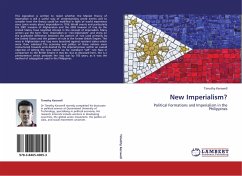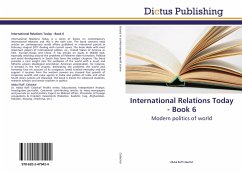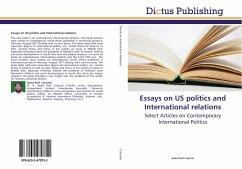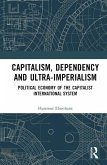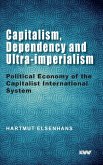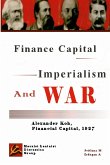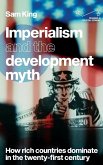This exposition is written to revisit whether the Marxist theory of imperialism is still a useful way of understanding world events and to consider how the theory could be modified in light of world experience since Lenin wrote about imperialism in 1916. World events and particularly the 2001 invasion of Afghanistan and the 2003 invasion of Iraq by the United States, have reignited interest in the concept of imperialism. Many writers use the term ¿new¿ imperialism or ¿neo-imperialism¿ and stress on the qualitative difference between the pattern of rule used primarily by the United States and the pattern of rule in the former British Empire. The wars in Afghanistan and Iraq were launched against resistant states which were then subdued. The economy and politics of these nations were restructured towards ends desired by the imperial power within an overall objective of setting the new nation up for compliant ¿self¿ rule. New in comparison to the British Empire it may be, but as discussed here, this is a phenomenon which predates the Iraq war by 105 years, as it was the method of subjugation used in the Philippines.

